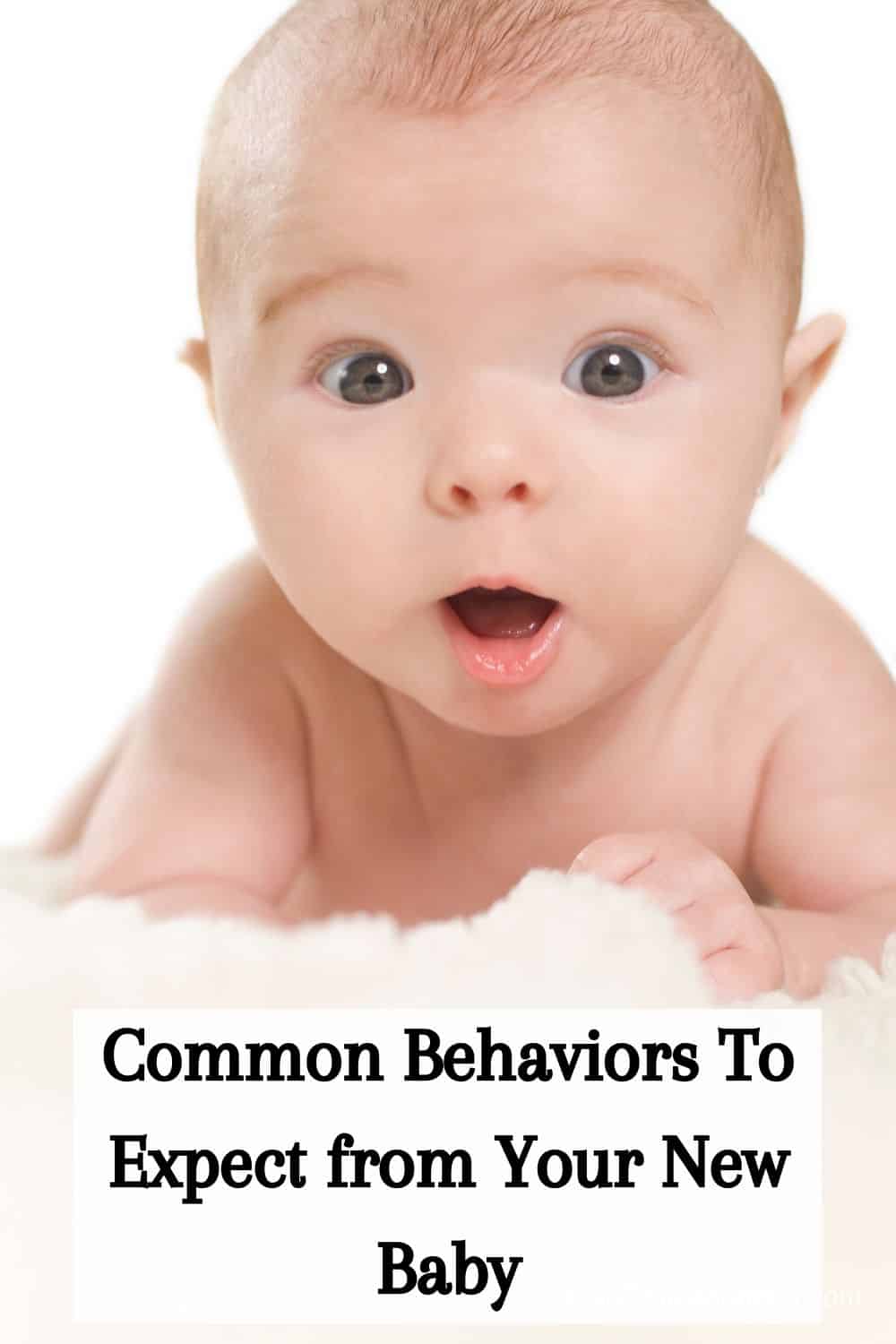This post contains affiliate links. If you click and buy, I may make a commission, at no cost to you. See my disclosure policy for more information.
When you’re a new parent, you often find yourself captivated by every sound and movement your baby makes. Whether they’re cooing, crying, or sleeping, you can’t help but wonder what exactly each of these things mean and how you can interpret their needs. If you’ve recently brought your newborn home, read up on some of these common behaviors to expect from your new baby. You just might pick up on a few tricks.
Crying
Crying is the primary way infants let us know they need something. However, it can mean just about anything from being hungry to needing a diaper change. Because of this, it’s crucial that you take the time to get to the root of the issue. After all, while crying doesn’t necessarily mean they’re in immediate distress, you never know until you make sure. Crying can also be an indicator of:
- Tiredness
- Gas
- Illness
- General discomfort
Sleeping
Babies are also known to sleep for the majority of the day, but they do so in shorter bursts. Typically, naps could be anywhere from 20 minutes to four hours long, depending on when the child last ate. Infants have very small stomachs, and because of this, they can’t go too long before needing to eat again. As such, they’ll wake up frequently, even though they actually sleep for approximately 20 hours total each day. They’ll begin sleeping even more as they age to further their growth.
Feeding
Another common behavior to expect from your new baby is the feeding reflex. All babies have feeding reflexes that help them find their source of food and begin eating. The rooting reflex is what allows them to turn in the direction their food is facing, and the sucking reflex is what encourages them to feed. These behaviors are natural survival instincts, and knowing what triggers them can be a great tool to make feeding time go more smoothly.
Chewing
Once your child is a little older—around five months—they’ll also start developing a habit of chewing on things. This is due to the fact that their first set of teeth will start to protrude from their gums and make them feel uncomfortable. So, they’ll often begin chewing on anything nearby to get some relief. Some of these items could be toys, chairs, and even their own cribs. Should you notice this, it’s important that you find them some healthy teething toys to gnaw on.
Sincerely,



Leave a Reply